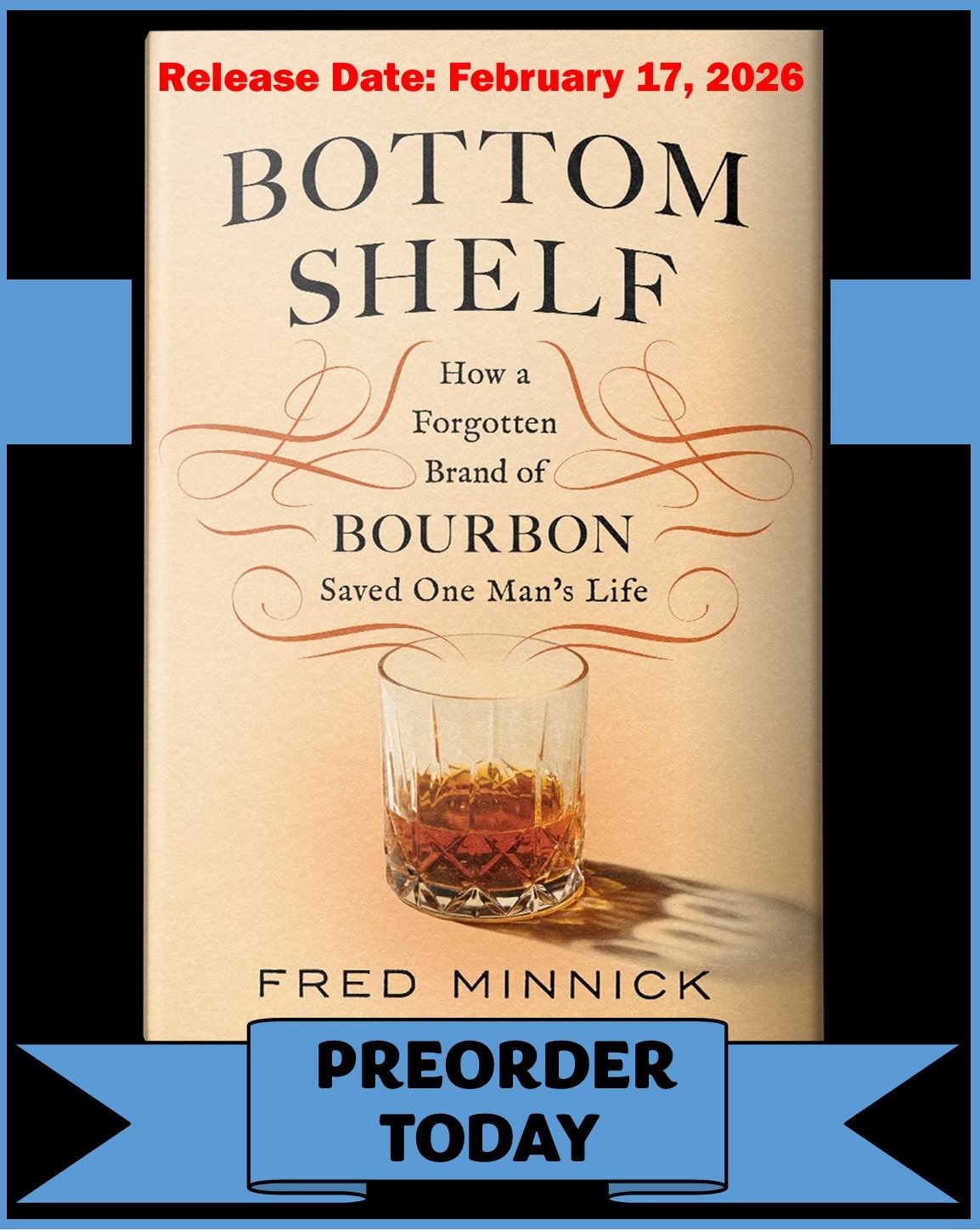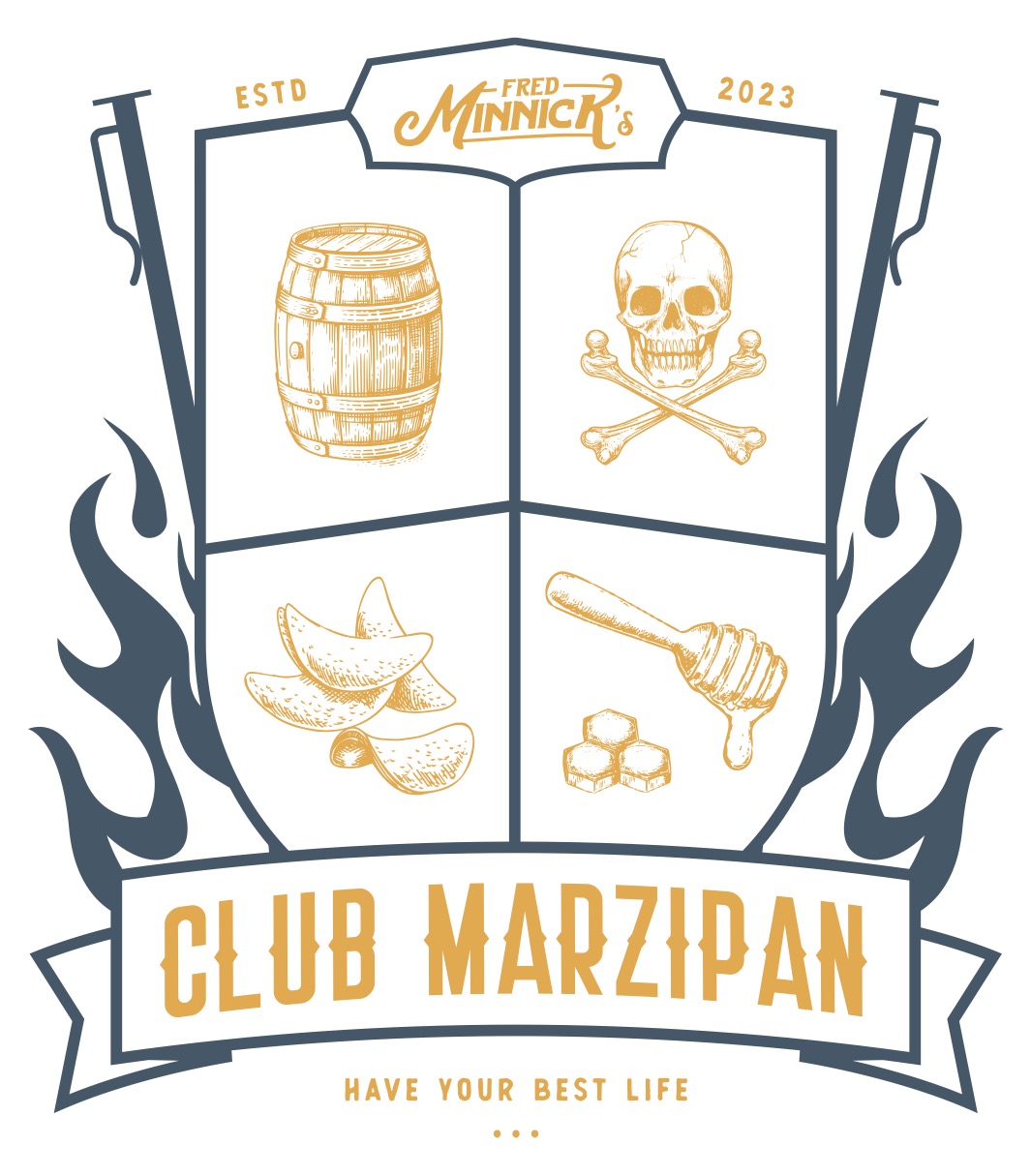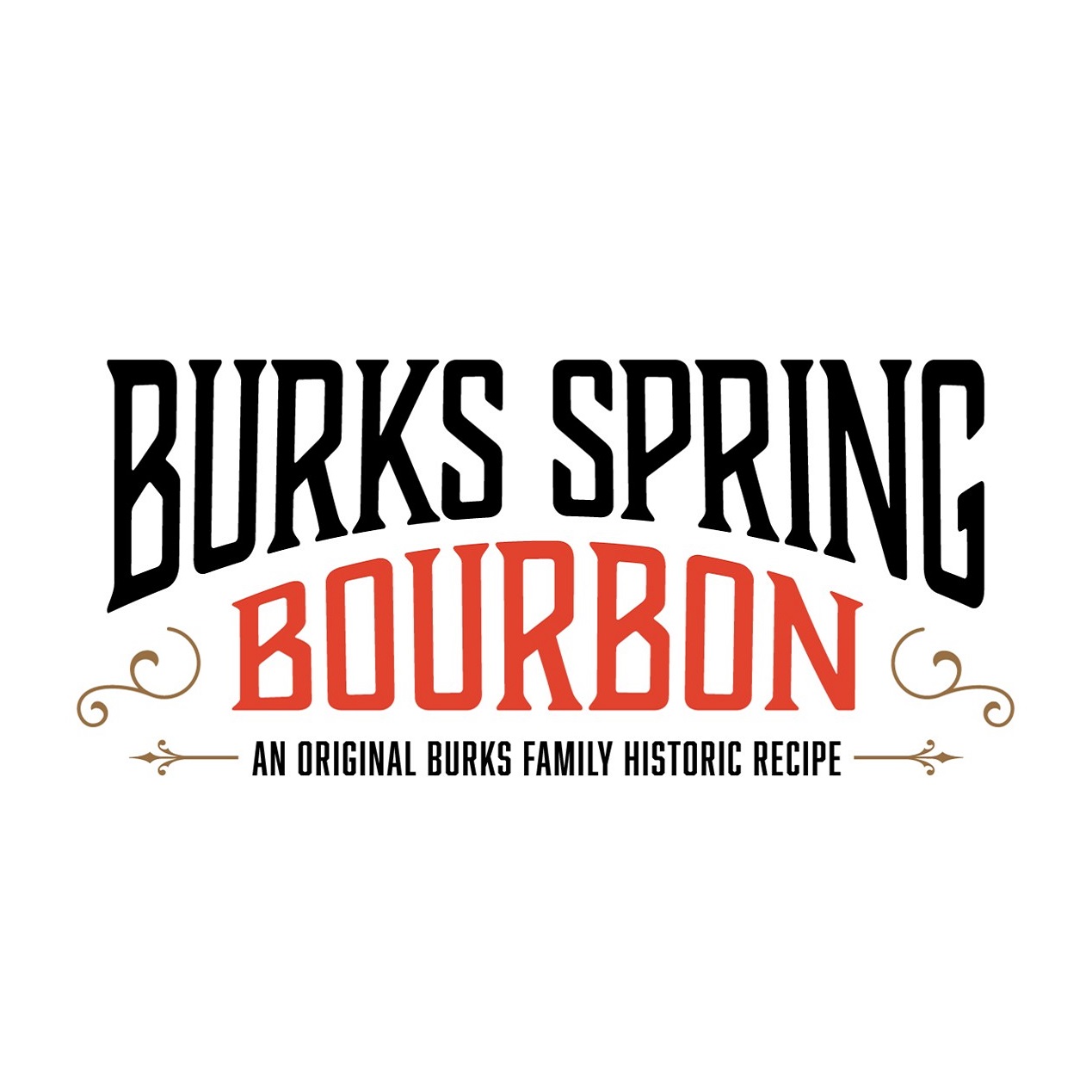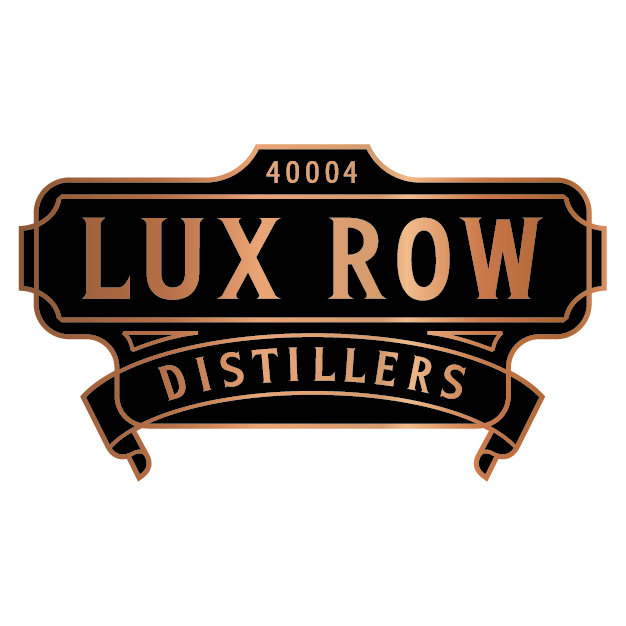MGP Releases Metze’s Select
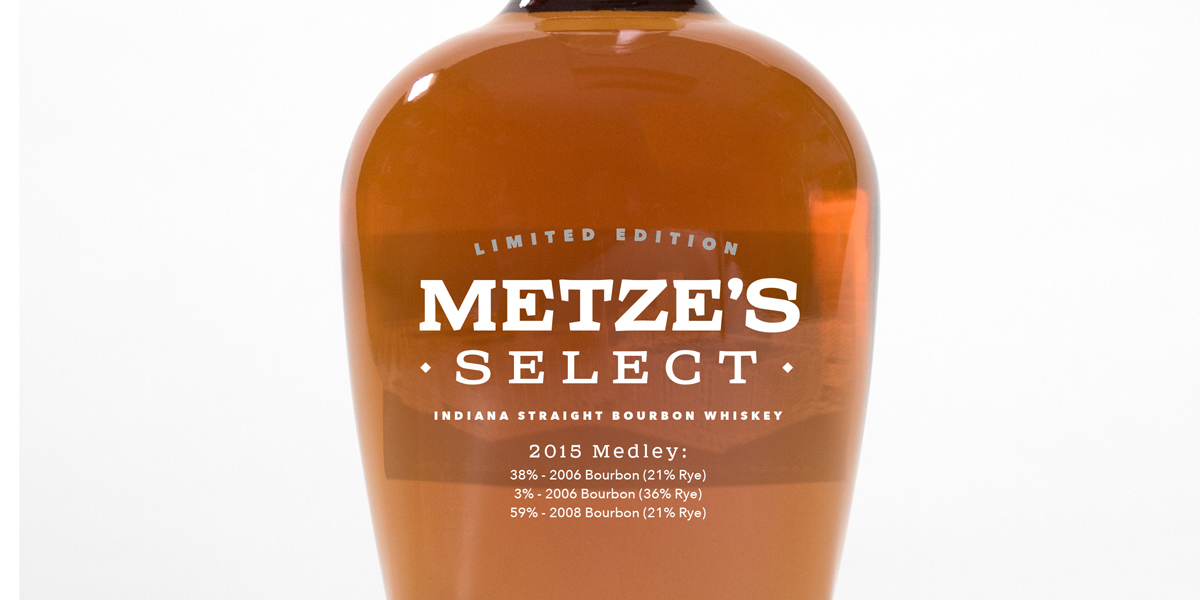
The MGP Ingredients Distillery is releasing a limited edition bourbon.
Named “Metze’s Select” after MGP master distiller Greg Metze, the bourbon is a medley (or mingling) of 38% 2006 bourbon (75% corn, 21% rye, 4% barley), 3% 2006 bourbon (60% corn, 36% rye, 4% barley), and 59% 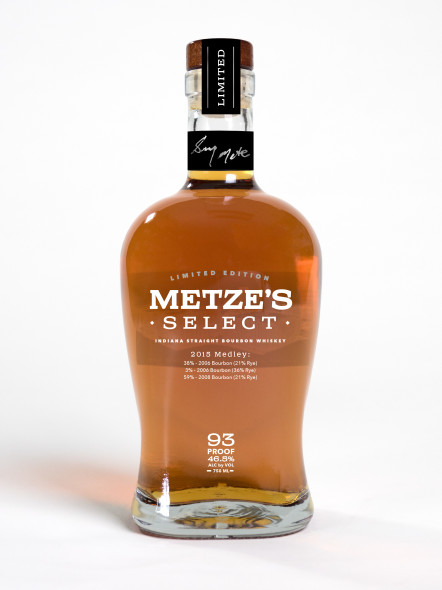 2008 bourbon (75% corn, 21% rye, 4% barley). Some 6,000 750ml 46.5% ABV bottles will be released in September for $74.99. MGP taps Anchor Distilling’s network to make this product available to consumers.
2008 bourbon (75% corn, 21% rye, 4% barley). Some 6,000 750ml 46.5% ABV bottles will be released in September for $74.99. MGP taps Anchor Distilling’s network to make this product available to consumers.
Released in 44 states, Metze’s Select is the first of a planned annual release that highlight MGP’s vast portfolio. The company tells me it does not know what future releases will be, but will be the same name and in the same bottle with likely always a bourbon or rye. Future releases will not include a light whiskey, the company said, which the company currently has in vast supply and is selling to bottlers.
MGP is a food and beverage specialty ingredients company based in Atkinson, Kansas. In 2011, it purchased the former Seagram’s distillery in Lawrenceburg, Indiana, from CL Financial, which created the business model of selling bulk whiskey to the likes of High West and Templeton Rye. (Read my 2013 Whisky Advocate feature on the MGP Distillery.)
MGP continued this sourced whiskey model and even actively promoted its sourced whiskey business. MGP’s David Dykstra sat on my “Audacity of Sourced Whiskey” seminar at Tales of the Cocktail this year and the Kentucky Derby Museum honored master distiller Greg Metze in our Legends Series.
But the company never shied away from the fact it wanted to start its own brands, and it released a 2014 Metze’s Medley Indiana straight bourbon whiskey sold only at Lawrenceburg’s inaugural Whiskey City Festival.
MGP’s Dykstra says the company’s sourced whiskey clients should not view Metze’s Select as competition. “This is not going to change our main business {of supplying sourced whiskey}. We want to maintain our role in that area and offer a wide range of spirits to our customers, who turn those into brands. They shouldn’t look at this as competition,” Dykstra tells me. “We are just us adding our little unique aspect to the branded business—a very limited edition product.”



